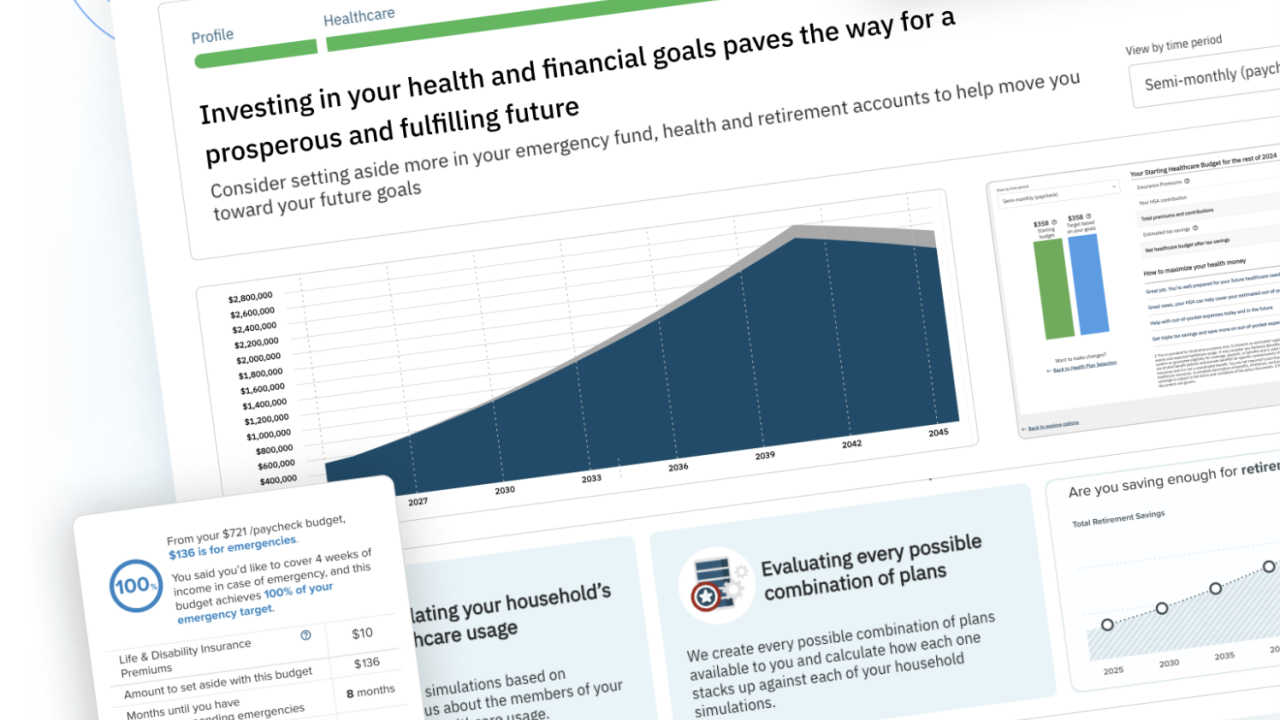With over 520 pieces of anti-LGBTQ legislation introduced this year alone, it's clear the queer community is facing a resurgence of nationwide threats to their well-being and existence — and that's bound to take a toll on their
Over 220 of the anti-LGBTQ bills target transgender and non-binary people, with 15 bills being passed that ban gender-affirming care for transgender youth in states like Florida, Georgia and Texas; seven laws banning books focused on people of color and LGBTQ stories have passed in states like Texas, Florida, Missouri, Utah and South Carolina. Notably, nearly one in three LGBTQ-identifying youth report their mental health is suffering most of the time or always due to anti-LGBTQ legislation, according to The Trevor Project— and it's doubtful that working adults in the LGBTQ community or
Holistic mental health benefits are especially crucial as the queer community and its allies find themselves faced with policies that encourage discrimination and hate, says Nicholette Leanza, a therapist with in-person and virtual mental health care provider Lifestance. A lesbian herself, she specializes in helping members of the LGBTQ community.
Read more:
"If you have an employer that has great mental health benefits, that's going to carry you far," says Leanza. "But not all companies invest in their mental health benefits."
Leanza notes that
"You never know if you're going to be matched up with a therapist who is accepting of you," says Leanza. "It may be easier in bigger cities, but in a rural community, you're taking a stab at guessing if your counselor is an ally or not. Then you see some hesitancy in coming out to therapists because you just don't know."
Read more:
The National Institutes of Health estimate that 60% of rural Americans live in a mental health provider shortage area, meaning there are 30,000 citizens to one mental health care professional. Finding a therapist who is in-network, has experience helping the LGBTQ community and has availability will not be easy, underlines Leanza. Once race is added to the framework, the number of affordable and informed therapists
"An individual who is Black and identifies under the LGBTQ umbrella needs a therapist who will not judge them for identifying as LGBTQ, and is at least culturally competent enough to understand the nuances of being Black in America," says Leanza. "Anytime you're adding different ethnicities and racial backgrounds, it's just harder."
And yet, those surviving compounded racism, homophobia and transphobia have the greatest need for mental health support in the U.S. According to the Trevor Project, Black transgender and nonbinary youth's suicide attempt rate is twice that of their Black peers who are in the queer community but do not identify as transgender or nonbinary.
Read more:
If an employer's mental health benefits are limited to the health plans they offer, then they should look at their provider networks, and confirm that between virtual visits and in-person officers, their queer employees have some options, says Leanza.
"Employers might have a limited scope of clinicians and mental health support," she says. "If so, employees may not know who within those resources will accept and help them."
Leanza also encourages those seeking
"Ask them what their training is and where their knowledge comes from," she says. "Because when you get to nuances, such as with trans care, they might not be familiar with how to write a letter for someone to recommend gender-affirming care and things like that."
Read more:
Beyond mental health care, Leanza asks employers to add gender-affirming care to their benefits, noting that for the trans community, the two are very connected. Research from the University of Washington, Seattle Children's Hospital and UC San Diego found that recipients of gender-affirming care saw a 60% lower likelihood of developing moderate or severe depression and a 73% lower chance of suicide ideation.
At the least, companies should be loud about their opposition to anti-LGBTQ legislation and rhetoric and announce to everyone within the company that they stand with their queer employees, advises Leanza.
As for the queer community, Leanza asks that they don't give up hope or try to suppress their identities. She is confident they won't lose their fight.
"To survive as a community we still need to advocate, be there for one another and stay out and not hide," she says. "Don't go back into the closet. We are out and proud and it's just wonderful to see."






